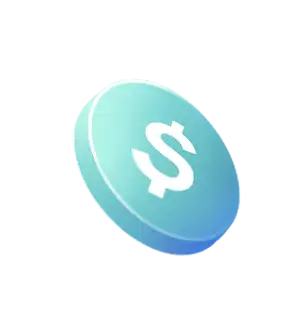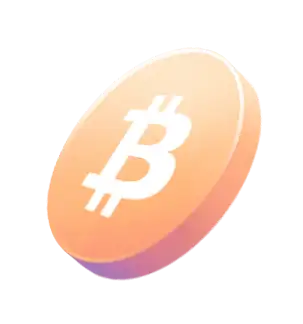Personal Finance
•
6 mins read
•
April 22, 2021
What Happens to Your 401(k) When You Quit?
If you’ve quit your 9 to 5 and are wondering what happens to your 401(k) now, don’t fret. Find out what your options are — and the next steps to take.

One of the main perks of working a 9 to 5 is getting access to an employer-sponsored
If you’re lucky, you may
from your employer, adding to your nest egg. But what if you’ve parted ways with your employer or are thinking of quitting? What happens to your 401(k) when you quit? Read on to learn about your options.
What Happens to Your 401(k) When You Quit?
A 401(k) is an employer-sponsored retirement plan that you can invest in. So while you work there, you can contribute. But what happens to your 401(k) when you quit? For one thing, you can longer contribute to your retirement account.
But all that money that’s in there? It’s still yours. You have several options when it comes to what you should do with your 401(k).
Take It To Your New Employer
If you quit and have another job lined up, you can see if your new employer offers a 401(k) as well. If so, you can enroll in your new employer’s 401(k) option and then roll over your old 401(k) into the new one.
To get started, you’ll need to contact the administrator of your old plan and fill out paperwork for what is called a direct transfer.
According to
, “A direct transfer is usually done when an employee has left their job and transfers the money within their
retirement plan into an
or another retirement plan.” Basically, a direct transfer means taking the funds from one financial institution to the other, without going to the individual.
A direct transfer is the easiest way to make this happen. It’s possible to request a check to deposit into your new account, however, you must do so within 60 days or be subject to paying taxes on the total balance.
Keep It As It Is
Another thing you can do is keep everything as is. You may be able to keep your retirement account in the same place, even after you move on — though it can depend on how much money you have invested.
If you have more than $5,000 invested in your 401(k), you may be able to keep your funds where they are, no action required. If you have less than $5,000, your employer may give you a check with the amount you have invested and close your account.
If your 401(k) has a good chunk in it, there are low fees, and it’s easy to manage, you may want to keep it there. The key is to make sure you don’t forget about the account and that you continue to invest elsewhere.
Open a New IRA and Roll It Over
Let’s say you quit and don’t have something else lined up or perhaps your new job doesn’t offer a retirement plan. Don’t worry, you’re not out of options! It’s possible to
.
You can choose which brokerage you’d like to use for an IRA, such as Vanguard, Fidelity, or the many others out there.
Rolling over your 401(k) into an IRA gives you more control over your account and can help you invest when and where you want.
Your Other Options
There are a couple of other options that should be mentioned but aren’t really recommended. One is to cash out your 401(k).
You might be excited about getting a lump sum of cash to help you get by during these difficult times. However, this is absolutely not recommended, as you’d be losing time in the market and also would be hit with paying taxes and likely a 10 percent penalty.
If you’ve hit the big 6-0, you could also consider taking a retirement distribution. After age 59 ½ you can take out money from your 401(k) without any penalties. How Long Does it Take to Cash Out Your 401(k) After Leaving a Job?
If you’re thinking about cashing out your 401(k), you might be curious how long the process takes.
According to
, “The amount of time it can take for your 401k payout to come to you varies depending on the type of retirement plan you have. If your situation is uncomplicated, you can expect to receive the check within days. However, a more complex case might mean it takes up to 60 days if you request to receive the money via check."
How Long Can a Company Hold Your 401(k) After You Leave?
If you’ve
and have a 401(k) with your old employer, you might wonder how long they can keep your 401(k). It depends. As noted above, if you have more than $5,000 in your account, you may be able to keep it as is.
If you have less than that amount, you may get your funds sent to you and you can roll it over. If you get a distribution, you’ll need to roll it over within 60 days or else Uncle Sam will view it as a retirement withdrawal.
Bottom Line
If you quit your job and have a 401(k), the best thing is to have a plan moving forward. You’ll want to roll over that money into an IRA or to your new employer’s 401(k), if possible.
It’s not advised to cash out your 401(k), as it will come with penalties and will lose you time, but you definitely want to take action and
. You worked hard for it!


